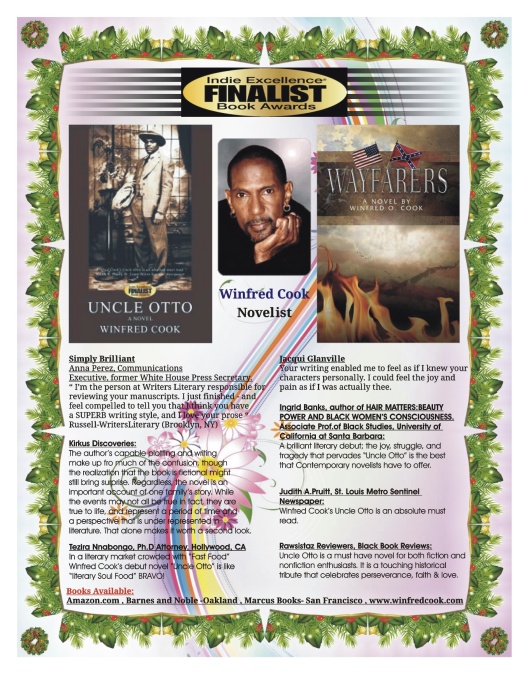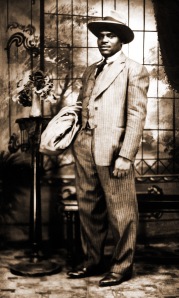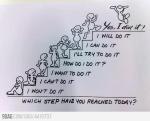This week, I am excited to be able to feature fellow indie author Kathrin Rudland whose book “Tragedy and Triumph” takes readers back to a different time. Read on as she shares her motivation for writing the book and ask your own questions of her on social media via Twitter and Facebook.
1. What drew you in about the Civil War era? About Elmira, NY?
History is not merely battles, marble monuments and political issues. History is about the everyday lives of real people, their beliefs, work, emotions, and mostly, their struggles to stay alive without suffering or disease. Several years ago when I began to research the Civil War POW camps, it amazed me that most accounts focused on the brutal conditions that the prisoners endured. Little was written about the mental hardships the soldiers faced, especially in Elmira’s camp. Granted, the understanding of psychological issues by society was in its infancy at that time, but today professionals are well-aware of the effects of mental disorders on soldiers. One-fourth of the men in the Elmira POW camp died and many non-academic historians like to point their fingers at retribution tactics of the North. Most of the Confederate POWs in the Elmira prison camp arrived with some form of dysentery from unsanitary conditions in Confederate camps, upper-respiratory problems from little or no clothing/blankets or trauma from battle fatigue. They had just left battlefields with scenes of unimaginable horror and arrived with post-traumatic stress disorders. Clearly, they arrived through the camp’s gates in compromised health. Then they languished there for one year, helpless, while their homelands were summarily destroyed as their families barely survived. Life as they knew it was gone. It is no small wonder that many of the prisoners suffered from some form of depression and simply gave up the will to live. There was no future for many of them.
2. What surprised you about the time period you researched?
I read somewhere that verisimilitude of any historical fiction character is the most critical element to write. Descriptions of characters had to be not only realistic, but accurate in the details of that time period. It seemed like a daunting task from the very beginning. I envisioned some Civil War historians or history buffs reading scenes and shaking their heads at the gross errors. How could I write about a man’s feelings before a battle? I’ve never been in a battle or even held a gun. Wouldn’t my character’s hands shake as he tried to push the ramrod down the barrel of his gun? How could I possibly know what emotions a slave felt when running away through the Underground, hunted like some animal? How would I react if I fell down into a well? What would it take to have the nerve to mutilate my face? What did it feel like to wear smelly, scratchy woolen clothing all of the time? How can anyone read by candlelight? (I can hardly eat by candlelight.)What was it like to walk in muddy streets or spit-covered floors in a long dress? Many, many times it seemed overwhelming to write honest, credible moments in the lives of my characters with my limited exposure to the circumstances of their lives. It took a great deal of reading about that period to uncover many, many details of their life styles. I did a lot of play-acting of many scenes in my mind to get it right. I just hope I did some level of justice to those people and their lives.
3. Will you return to this time period in future writing?
I will return to this time period, in particular, to explore the minds and attitudes of many of the early, emancipated women who lived in that area of New York. Their strong voices need to be heard again.
4. Why did you choose the letter format?
The letter-writing format was a mechanism I used to impart deeply-felt feelings without the interference of physicality, messages without the need for reactions from the listener. The message, not the reaction, was the more important effect. I let the reader imagine the reaction in his/her imagination. Oddly, the easiest letters to write were those of the dying soldiers; those letters had been inside my head for a long time before I wrote them. I knew those characters and felt depressed when I wrote some of their last thoughts to loved ones. I wrote, “In the hours of the death watch, Truman wrote many of their messages. Sorrow and anger had long disappeared from the minds of the dying prisoners, replaced by sheer exhaustion and some unspoken acceptance of something larger and inevitable; for some, it was a belief in life after death.”
5. Explain the relationships between characters and why they write each other.
I tried to depict Truman and Elizabeth as reserved, introspective people. I thought their letters to one another satisfied their need to express their opinions and impressions through meaningful words. I wanted them to be characters comfortable with being alone, solitary. Both felt it was tiresome, maybe awkward, to interact with unfamiliar people, exchanging pleasantries and chit-chat. They were never frivolous personalities, but not asocial. The scene of the Fourth of July celebration when Elizabeth talks with a group of men is clearly her way of relating what she knows from Truman about the horrors of slave punishments. She had a non-social purpose interacting with a group. In an early description of Truman I wrote, “Even in casual situations, such as walking through town, he would cross the street on an imaginary errand, his scowling face down rather than confront someone and stop to talk.” Both felt life was simpler and less complicated when one was alone. One of my favorite quotes from the poem, After the Dinner Party by Jane Kenyon is “At dinner I laughed with the rest, but in truth I prefer the sound of pages turning, and coals shifting abruptly in the stove.”
6. Are there any political messages in your book? If so, what are they?
There are definitely political messages in the book and it’s for the reader to determine what they are.
7. What did you discover about yourself through writing Tragedy and Triumph?
What does anyone discover when writing historical fiction? It took a long time to research because of the nature of the times; records weren’t kept as meticulously, and access to what does exist can be trying. I wanted to get everything right; I read many resources, sorting through opposing viewpoints of the same events in several sources. The book took many twists and turns. At the end, I discovered that I had actually written several novels within one manuscript. It was painful to delete characters – I even felt as though I needed to apologize to several of them as they were sent to the “deleted world of cyberspace.” I grew to like some of the characters more than others, sort of like students in a classroom. At one point, one character was killed off in one chapter, only to accidently resurrect in another (an astute member of my writer’s group cheerfully noted this slight indiscretion, and for years kept tabs on all of my characters and their short-lived lifestyles. It became his raison d’etre).
I changed the names of some of the characters when someone said that they sounded like names from soap operas; “Hadley” became “Elizabeth” overnight in the touch of a key on the keyboard. There was a great rolling of the eyes with the writer’s group during readings for several months. “Who,” they would chime?
8. Sum up your writing journey in one phrase.
Nulla dies sine linea – no day without a line.




